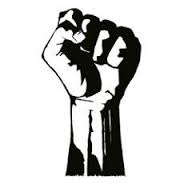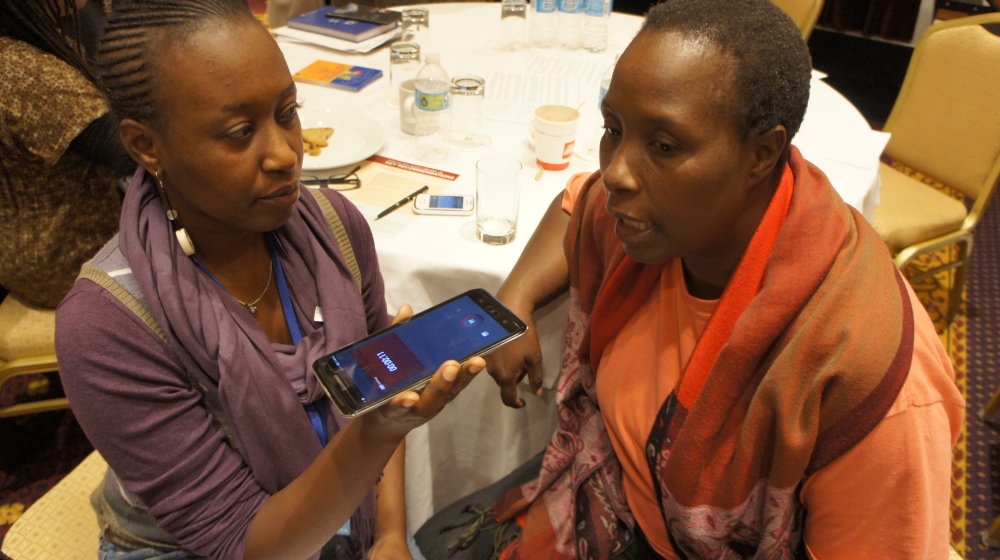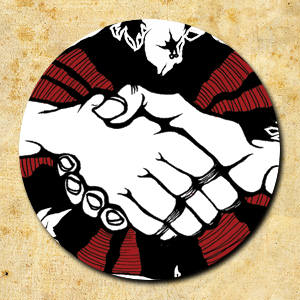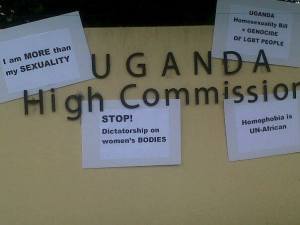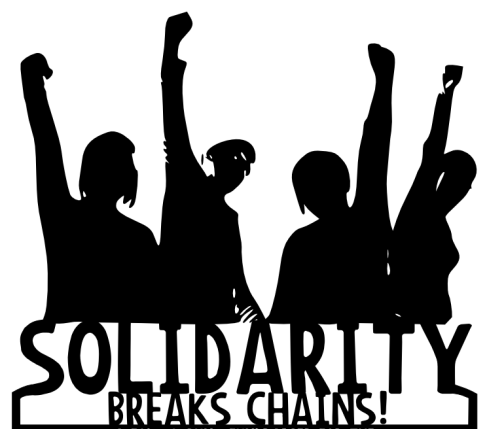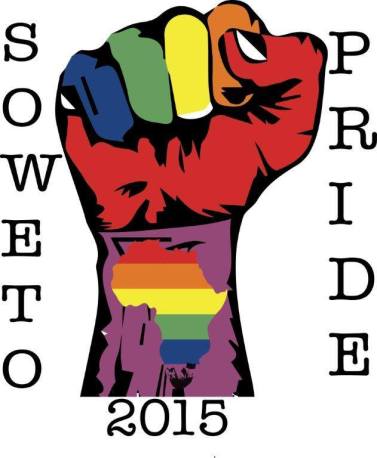
This Saturday, 26th September, the 11th Annual Soweto Pride March takes place. As the date approaches, we are busy with many things. What will I wear? Why hasn’t FNB sent me that SMS telling me I have money in the bank? Who hasn’t paid their share of the stokvel money, wasn’t it due on Monday? Queer Christmas, some people call it. Our one day out of a whole 365 to be seen, heard, and to politically claim spaces where being a lesbian or anyone that’s gender non-conforming in their appearance is dangerous. The truth is that this ‘space’ we claim is literally everywhere, and we claim these spaces daily, as we recognise that our very existence is resistance. Progressive constitution or not, South Africa is still a site of polarised expressions of tolerance and difference. Sometimes these differences are manifested in our gender expression or perceived sexual orientation, but also so are our languages, races and classes. It’s not so easy to belong in South Africa, and when this belonging isn’t created, we are forced to claim it.
As I too wait for that SMS from FNB, I can’t help but wonder what I will march for this Saturday. For maybe the third time today, the #SaveTriangle call flashes on my Twitter newsfeed. The Triangle Project, an organisation that serves many lesbian, gay, bisexual, trans and inter-sex women and men living in the Western Cape, is on the verge of being shut down. I visited the Triangle Project a year ago, and borrowed a book from their library. An old book, written by and for lesbian women, looking and linking history and myths around what it meant to be a woman in the world and how that has now changed. I’ve forgotten what the book is called, but some learnings in the book remain. This is my small, almost invisible link to the Triangle Project. So when posts show up on my Facebook and Twitter feed reminding me how and why we need such organisations, I imagine that we know this.
We know the work that civil society and community based organisations such as the Triangle Project and the Forum for the Empowerment of Women do in our communities. We know. We benefit, in so many ways, big and small, from having places and people that we can go to, that we can trust with our truths, and that we can feel safe, feel seen, feel heard.
Across the sea, Blue Stockings, one of very few feminist bookstores and libraries in the United States of America, is also facing the possibility of being shut down. They too, are forced to make people remember why such places exist and why they should not be shut down.
There are organisations that we have seen come and go, leaving vacuums of belonging and safety. Safe spaces are shrinking and they are shrinking fast. When we speak about community, we also know that the work that such organisations do extends beyond us, beyond our social exclusion and queerness. By serving any underserved group or people, these initiatives by default serve the larger and greater good of a whole people.
But, with knowing all this, we still have organisations like the Tringle Project, teetering on the edge of non-existence, and we have to ask how? And why? The #SaveTriangle initiative is a call to action and consciousness for all organisations and people doing work and benefitting from such initiatives to advance gender and sexuality work, and not just in South Africa, but on the continent. Stories told in these places hold up mirrors for other African countries, and Africans living in the diaspora, where we get to see ourselves, our realities and our experiences reflected in conversations and images that the West almost never gets right. We see the layers and the complexities that make up our existence in contexts of varying hostilities.
Conference conversations always throw the ‘what if’ question around our organising and the real possibility of the absence of donor funds. What if one day, we woke up and the global North decided that we are doing well and that we and our governments should take responsibility for the gaping holes in social services and security that necessitate the existence of civil society. We all know that we are a long way away from convincing our governments that we should have safe and harassment-free access to contraceptives and information around safe sex for gender non-conforming people. We are an even longer way away from convincing our leaders that those Victorian era colonial laws against same-sex desire serve no purpose, religious, moral, ethical or otherwise-least of all in ensuring safety and security of citizens. There is much work to be done, to help shift perceptions, myths and beliefs around sexuality and gender, and what it means to own the bodies we are in. Sometimes it feels like this work, these conversations have just began, but we know there are people who blazed the trail and left behind space, publications, organisations, documentation that speaks to their experiences, which we are meant to build on and make stronger.
When we march, we march to remember and we march to never forget. The many gender non-conforming women and men gone too soon, murdered and subjected to the ultimate exclusion-death. We march for the many other African sisters and brothers who cannot and will not come out to claim their rights and freedoms for fear of governments and communities that only serve selfish agendas and tunnel visioned views of who we are and who we can be in the world.
But can we also march for the living? Can we march for the lesbian women who continue to claim and take up spaces that many women are excluded from? Can we consider, the organisations and individuals that give their time and talents to push back walls of intolerance and injustice? Can we be conscious of the financial insecurity that many organisations and organisers live with, and that the time and effort to arrange a Pride march cannot happen without people committed to this work. Can we march for the future? Can we march to strengthen our resolve to transform and transgress archaic ways of thinking about what it means to be a woman or a man, and an African? Can we march to show unity in strength and purpose, to assure each other that we have each other’s backs when tides turn and we have to look to each other for support?
When I march tomorrow, I will march for the future, and for the movements that are re-born with every generation of gender non-conforming women and men, who take up the work of advancing gains over time, and guarding safe spaces for diversity and difference. I will march to honour the rebels and the radicals, that refuse to be silenced and put into neat little boxes, and told ‘to stay in your place’. I will march for the organisations that are hanging in there, in one way or another, and remember that we whom these spaces serve, can be the people that sustain them. If not us, then who?
What will you march for?
-Sheena Magenya
**Views and opinions in this article are entirely of the author and do not reflect on the positions and politics of the Coalition of African Lesbians
